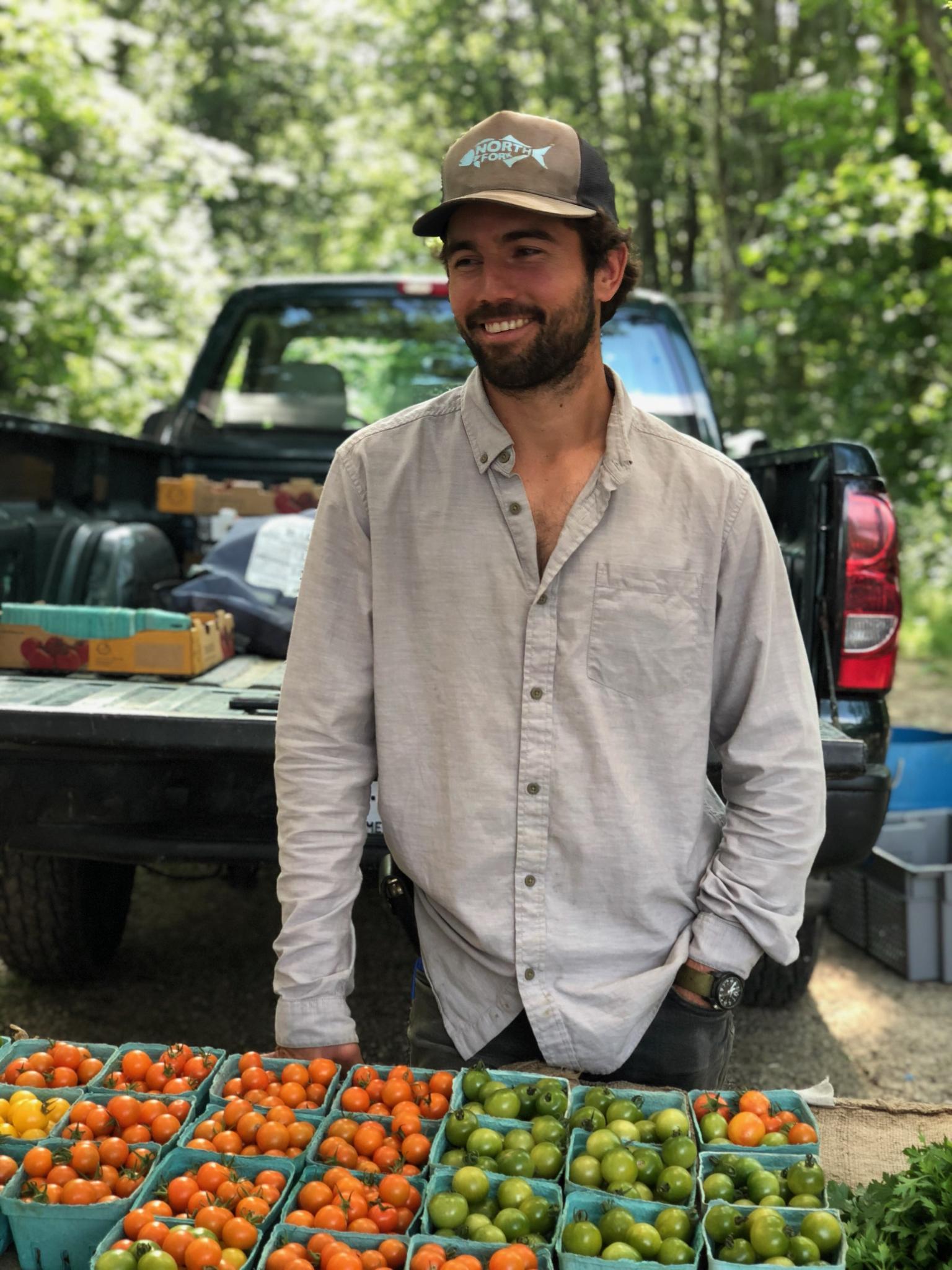New England farmers looking to hire a farm apprentice or a few employees for the farming season face a web of confusing legal requirements. These requirements can be hard to navigate. For example, what types of farm work qualify for exemptions from minimum wage or overtime? When can a farmer have volunteers help on the farm? What kinds of leave does a farmer need to provide for employees?
The Legal Food Hub is here to help sort through those complex questions. In partnership with New Entry Sustainable Farming Project and Conn, Kavanaugh, Rosenthal, Peisch & Ford, a Boston law firm, we put together a legal guide on employment law for Massachusetts farmers. The guide, written by attorneys Mary O’Neal, Andrew Dennington, and Henry Tran, identifies the key legal issues that farmers should think about when hiring employees. We also hosted a series of workshops and webinars on the topic for farmers across the state. These educational offerings help farmers identify the legal risks in their operations so that they know when to turn to a lawyer for help.
“The issue of whether and how farmers should compensate interns, apprentices, and volunteers is a particularly challenging one,” the team of attorneys from Conn Kavanaugh reports. “Our work for the Legal Food Hub has been a wonderful opportunity for us to share our knowledge with agricultural entrepreneurs who may not otherwise have access to legal services. We also have enjoyed learning more about an emerging growth sector of our region’s economy.”
In other states, we have paired farmers with attorneys in our network to help navigate their employment law questions. When he was hiring an apprentice for the season, Phil Cuddeback of Phil’s Farm in Eliot, Maine, worked with Tom Trenholm of Drummond Woodsum in Portland to answer his questions. And that legal help made a difference. “I now feel confident in my approach to find affordable labor, which is essential in the success of my business,” Phil said.
The Legal Food Hub has just released an employment guide for Rhode Island and is working to develop legal guides and workshops on a range of legal topics. For example, we produced a legal guide on community kitchens and hosted workshops on topics including intellectual property law for food entrepreneurs, business formation for farmers, and leases for farmland. In the coming year, we look forward to providing educational offerings that help farmers and food businesses across the region identify legal challenges and feel prepared to work with one of our volunteer attorneys on their legal needs.
